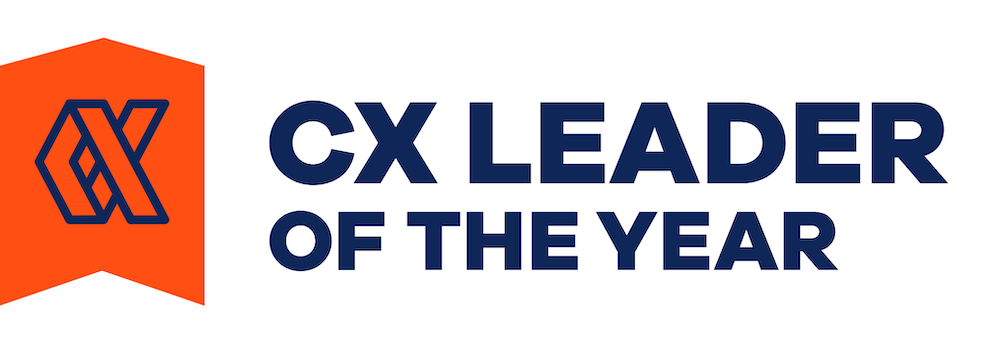
Where the magic happens when it comes to improving customer outcomes – Interview with Stacy Sherman
January 21, 2021
From an award winning chef to CX Leader of the Year 2020 – Interview with James Scutt of the Post Office
January 28, 2021This is a guest post by Rob Crutchington, a Director of Encoded.
Security has never been more important for customers when paying online or via a contact centre. Choosing the right technology to provide secure payment and a positive customer experience (CX) can be costly and challenging for organisations. In today’s new normal with more people shopping from home, it is important to provide the right balance between service and compliance to protect contact centres and customers.
Service that ensures confidence
An increase in remote working and shopping online has highlighted the importance of data security. Customers want to know their personal details are secure and payment cards will not be compromised. Never has this been more important than in recent years when security breaches have been reported at a record high.
Customers may not be aware of PCI DSS compliance¹, yet organisations that do not meet the regulations can be fined – or even denied the ability to take card payments.The key aim of PCI DSS is to reduce card fraud and promote best practice for information security.
For contact centres the challenge is to balance the need for security without putting barriers in place for customers. When paying a bill, changing direct debit details or making a purchase, response times and speed are important alongside security, but not if they result in poor execution and customer experience (CX).
Make security seamless
Interactive Voice Response (IVR),has long been used in contact centres to enable customers to make payments quickly and accurately and it meets security standards. A proven automated technology, it answers incoming calls and provides instructions to customers. As a self-service process, it is used successfully by many companies, enabling customers to make debit and credit card payments at any time and from any location, without speaking to an agent or visiting a website.
IVR can help smooth the customer journey, fielding calls in the front line – and with new technologies like AI, companies can route complex customer queries as well as allow card payments. Calls can be routed to the most appropriate agent, with the customer’s history and account details provided, helping speed up the process. It provides an excellent way to improve customer satisfaction and helps reassure callers that payments are secure.
In fact, recent survey results from ContactBabel’s The UK Contact Centre Decision-Makers’ Guide (18th edition – 2020-21) report an increase in large contact centres using this combination.
The perfect journey keeps customers coming back
There are other payment methods that can ensure security and a positive CX. An Agent Assisted Payment solutionallows contact centre agents to process card payments while screening them from the customer’s details. Customers tap in their card details on their phone while continuing to talk to the agent throughout the transaction.This more personalised service can be of particular benefit when dealing with more vulnerable or elderly customers.
Blending technology with agents is a proven way to deliver a seamless and positive customer journey. When contact centres are under increasing pressure to provide enhanced services, providing customers with secure ways to pay and meeting the required security standards is vital. Making it easy to conduct business, while providing a positive customer experience and secure payment methods is a winning strategy.
Note:
¹The PCI Security Standards Council (PCI SSC), an organisation formed by five of the largest payment card providers: VISA, MasterCard, American Express, Discover and JCB International introduced the Payment Card Industry Data Security Standard (PCI-DSS). A single agreed global framework, PCI DSS provides guidance to contact centres as well as payment card processors on how to process, store and transmit payment card information.
This is a guest post by Rob Crutchington, a Director of Encoded.
About
 Rob Crutchington is a Director of Encoded, who are a Payment Service Provider and pioneer of new and innovative secure payment solutions for contact centres.
Rob Crutchington is a Director of Encoded, who are a Payment Service Provider and pioneer of new and innovative secure payment solutions for contact centres.
Image by Foundry Co from Pixabay




